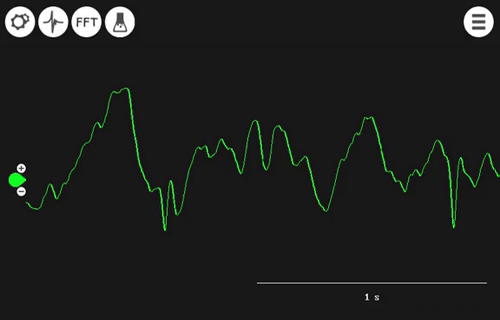We know that eating right and exercising is important for our physical and mental health, but what about sleep?
While we may not be able to change our genetics, there are many lifestyle factors that are within our control which influence how well our brains age.
One of these lifestyle factors is sleep, yet many adults report not getting enough sleep every night. Not getting enough restorative sleep has a profound negative influence on our physical, emotional, and cognitive health.
We use cutting-edge behavioral and neuroscience techniques to learn how day-to-day sleep patterns affect people’s memory and decision-making abilities. The use of technology such as accelerometers (which are similar to Fitbits) and portable EEG headbands allows us to collect information about people’s normal sleep habits in a minimally intrusive way which does not require an overnight stay in a sleep lab.
Gaining a greater understanding of how differences in daily sleep patterns affect memory provides a possible method for early intervention for cognitive deficits secondary to sleep disturbances. It gives participants the opportunity to learn more about their own sleep patterns, which could be a jumping off point for optimizing ones’ own health.
